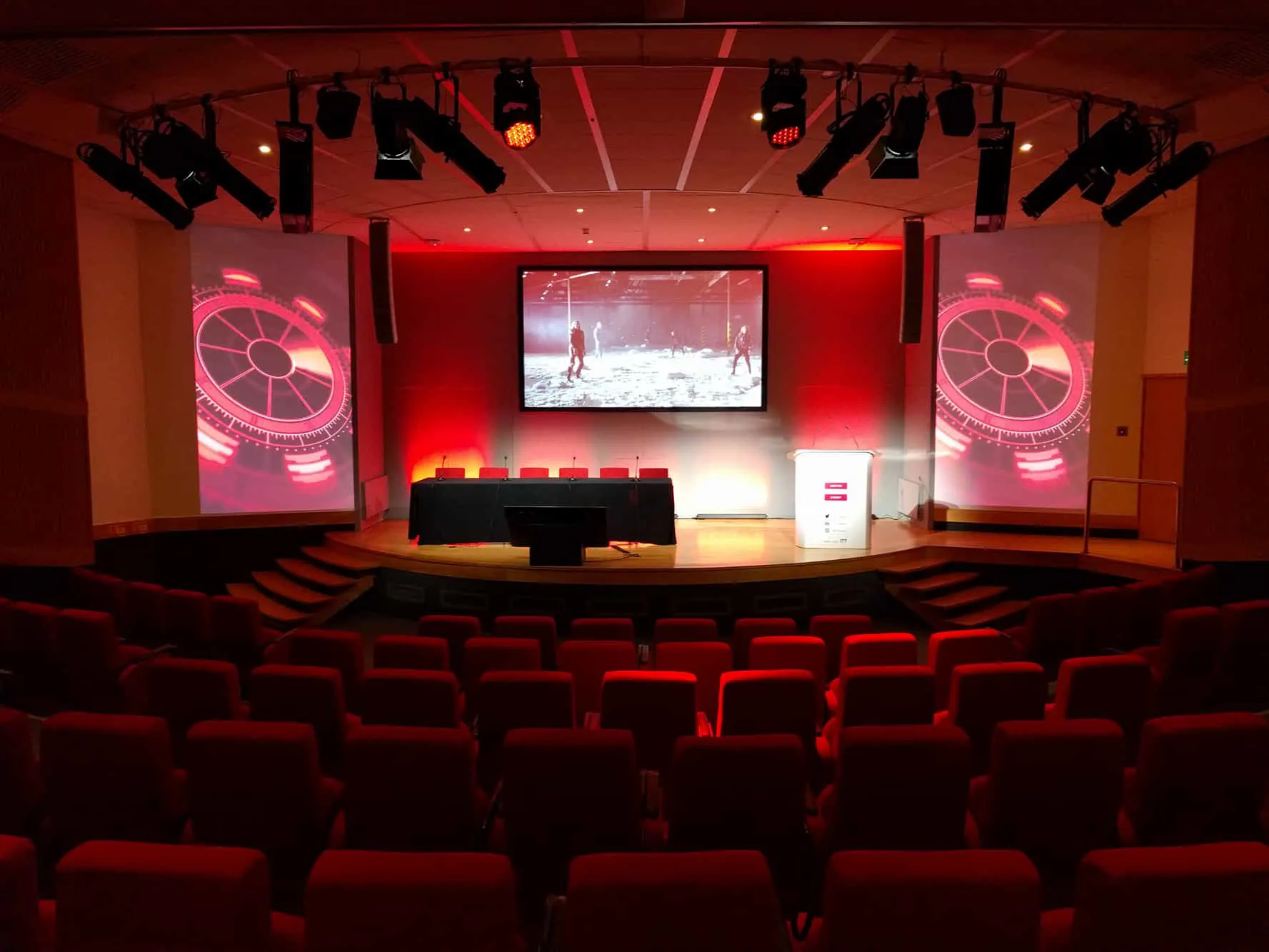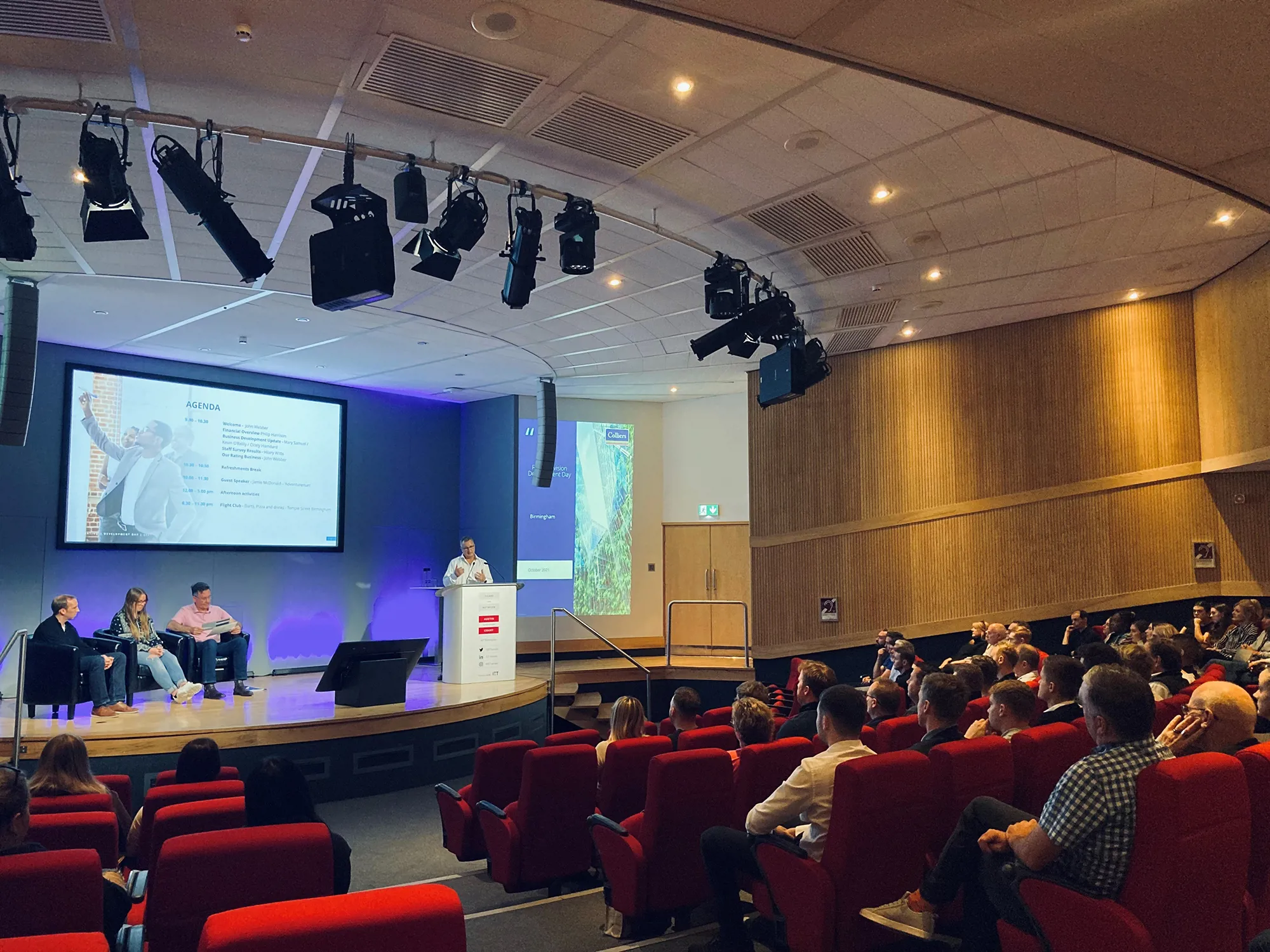How hybrid events have changed
Published: Wed 7 Dec 2022
Published: Wed 7 Dec 2022
After all, our very approach to hybrid events has dramatically shifted in just a few short years. Today’s hybrid offerings look very different from those you might have found before 2019.
Fortunately, these changes have generally been for the better, with the modern hybrid event offering both event planners and delegates more choice, greater opportunities for engagement, as well as a host of additional data to work with and utilise.
Perhaps it’s not surprising then that even with our new normal, the hybrid concept shows no signs of slowing down. Around 62% of event planners say that the future of events is hybrid, and with 85% of B2B organisations seeing a positive ROI of their hybrid events seven months after the event date, it’s not hard to see why.
But how have hybrid meetings and conferences changed, and what does the modern virtual attendee now expect from event technology?
Let’s explore.
While the concept certainly existed prior to 2019, the event technology used, as well as the attendee experience itself, is a far cry from what we come to expect today.
In many cases, virtual attendees often got the short end of the stick when it came to larger hybrid conferences, often only having access to a stream that has been designed primarily with the in-person attendees as the priority and the virtual ones as an afterthought.

This often meant makeshift technology being used for virtual delegates as well, with poor video and audio quality and no opportunities for those at home to interact in any meaningful way.
Fast forward to 2022, and virtual event attendees are far less forgiving, with expectations that they will receive the same level of experience as an in-person attendee. Advances in event technology have gone a long way to help with this, such as faster internet speeds and greater bandwidths. In addition, more advanced AV technology ensures a crystal-clear experience for those attending virtually.
Yet perhaps the biggest change is the move towards actively incorporating virtual attendees into the overall experience. Instead of being purely passive consumers, hybrid events now offer a variety of engagement opportunities. This includes the use of polls, questionaries and even games to turn virtual attendees into active participants. These are often provided to those attending in person too, allowing for both to feel part of the same experience.

Hybrid meetings have also come a long way from simply being hosted within your own office. Hybrid has gone bigger and better in the past few years, with many larger businesses buying in to the trend, with 71% of organisations with 5000+ employees having hybrid events in their portfolio.
With bigger events comes the need for bigger space, meaning event organisers are challenged with sourcing an events venue that is not only suitable for in-person delegates but also has the technology required to give virtual delegates a great experience too.
And although we’ve seen an uptick in larger companies incorporating hybrid events into their marketing, that’s not to say smaller businesses aren’t leveraging them too. On average, small to medium businesses welcome 10-20 people to hybrid events, although smaller companies on average host 35% fewer of them than medium-sized businesses.
Hybrid conferences have also become very popular for businesses due to the additional data that can be acquired and leveraged compared to only in-person events.
Instead of simply just event attendance, the virtual element allows for businesses to glean all sorts of additional data and insights to aid their marketing plan.
Engagement opportunities provide you with many ways to analyse attendees’ engagement, such as time spent in sessions, number of questions submitted, etc. Doing so allows you to pick out individuals who are actively engaged, to understand the types of people who are taking an active interest in what you are offering. They may also help provide you with additional revenue through other means later down the line.
With the changing face of hybrid events, event planners need to be able to rely on an events venue that can provide for both in-person and virtual delegates.
With a dedicated in-house AV team, live event broadcast capabilities and live streaming, your hybrid event is in safe hands with Austin Court.